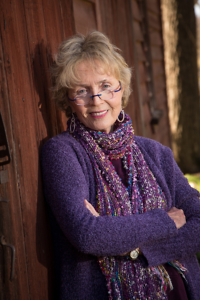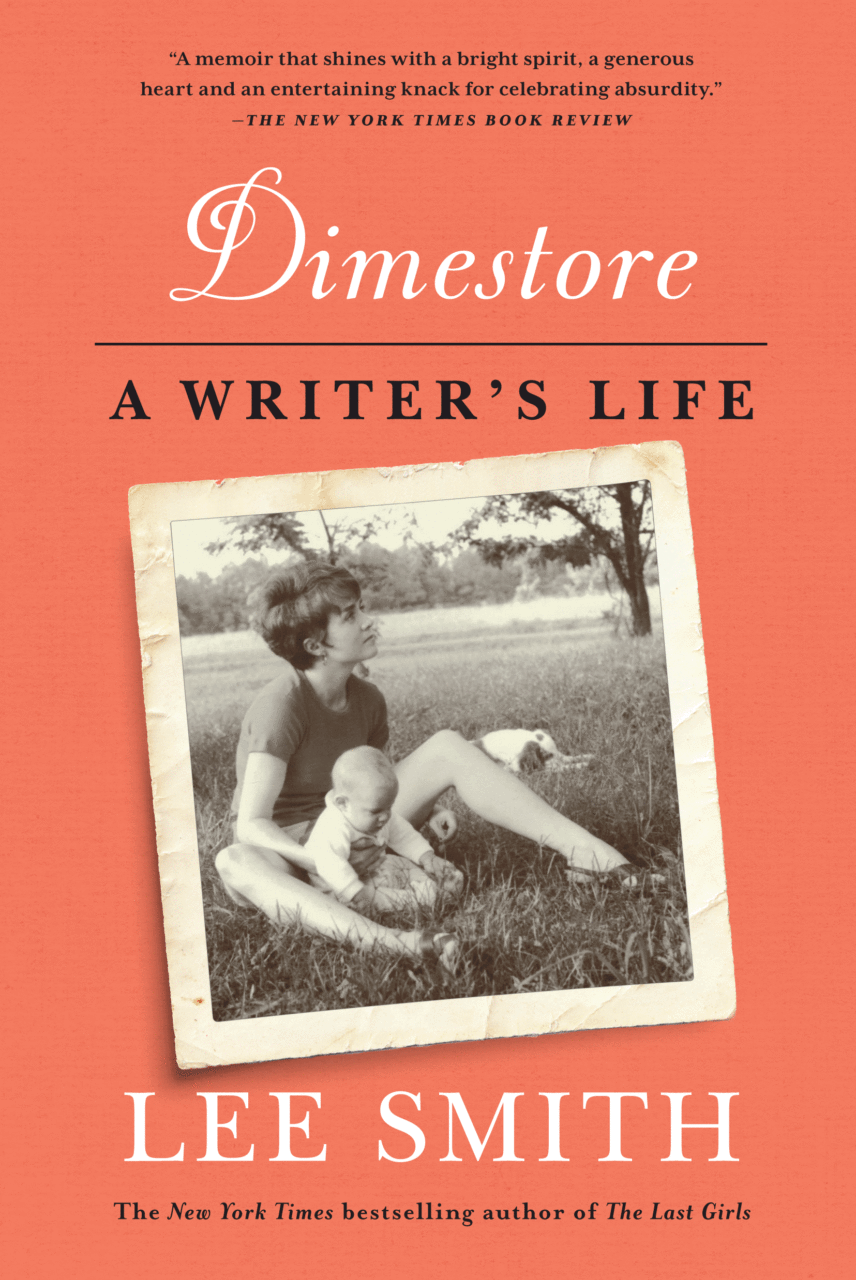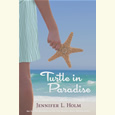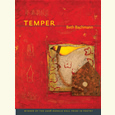A Colorful Cast of Characters
Elyzabeth Gregory Wilder talks with Chapter 16 about tonight’s world premiere of her new play, Everything That’s Beautiful
FROM THE CHAPTER 16 ARCHIVE: This interview originally appeared on March 17, 2017.
***
Here’s the get-down-to-business question I can’t shake today: when is a Tennessee theater going to tackle a play by Tennessee playwright Elyzabeth Gregory Wilder?
She’s not some newbie or nobody. Her thriller, Fresh Kills, debuted at London’s famed Royal Court Theatre in 2004, when she was working as a CBS writers’ assistant and not yet thirty years old. Reviews were mixed, but the praise she took home included this from The Stage: “Wilder is a contemporary Jacobean, fascinated by the power of desire and the havoc it trails in its wake.” She has been busy ever since writing plays. Best known among them is Gee’s Bend, the tale of a celebrated Alabama quilter. The Alabama Shakespeare Festival commissioned and first staged the historical drama, which won an American Theatre Critics Association award. That led to productions at other well-regarded regional theaters, including those in Chicago, Denver, and Hartford, Connecticut.
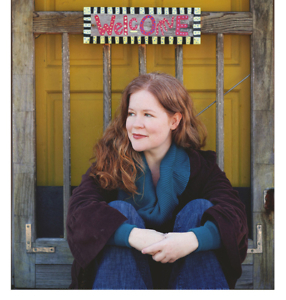 More recently, Baltimore Center Stage commissioned Wilder and several other playwrights to write short pieces sparked by the killings of young black men. The theater filmed her That I Know for Sure in Sanford, Florida, at the spot where a vigilante gunned down Trayvon Martin in 2012. (You can watch it and related productions here.)
More recently, Baltimore Center Stage commissioned Wilder and several other playwrights to write short pieces sparked by the killings of young black men. The theater filmed her That I Know for Sure in Sanford, Florida, at the spot where a vigilante gunned down Trayvon Martin in 2012. (You can watch it and related productions here.)
Tonight, March 17, Wilder’s Everything That’s Beautiful gets its world premiere at New Conservatory Theatre Center in San Francisco. Crisp dialogue and poignant characterization mark the script, which follows a family struggling to start over for the sake of their transgender child.
Wilder answered questions via email from Sewanee, where she teaches playwriting and Theater 101 at the University of the South. She was the school’s Tennessee Williams playwright-in-residence from 2012 to 2015—the time when she wrote Everything.
Chapter 16: Your new play feels terrifically timely, given the bathroom wars raging in schools and legislatures. How long has it been in the works?
Elyzabeth Gregory Wilder: I tried to write it for seven or eight years. When I first started, I was trying to tell the story of the child who was going through the transition, but what I was writing never felt authentic. Then I became a parent and saw the story in a completely different way. At the heart of the play are two people trying to figure out how to be the best parents to this child. It wasn’t until I became a parent that I was able to identify with that struggle.
Chapter 16: “Growing up with gay parents in Alabama, much of my childhood was shrouded in secrecy,” you wrote in a personal essay. Did that help you create the secrecy that permeates Everything?
Wilder: My mom and dad met in the sixth grade. They got engaged shortly after he returned from Vietnam. They were married for three years before I was born and for three years after. They never really put a name to the relationships that followed, though they clearly were rooted in love and intimacy. My dad didn’t talk at all about his relationship with his partner. I think he carried around a lot of shame about it. My mom tried, but it was always awkward, as if she lacked the vocabulary. When I moved to New York on my own, a month before my seventeenth birthday, I told everyone I met. It was like my own coming out after living my whole life trying to keep their secrets.
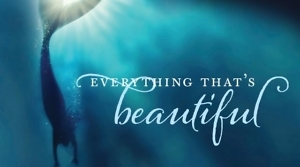 The family in Everything has the vocabulary to discuss what’s going on, but the stress of the secret still almost destroys them. The kid in me relates to Theo, the older brother, who carries the burden of a secret that’s not his.
The family in Everything has the vocabulary to discuss what’s going on, but the stress of the secret still almost destroys them. The kid in me relates to Theo, the older brother, who carries the burden of a secret that’s not his.
Chapter 16: The young child at the center of your play reminds me of Scout in To Kill a Mockingbird. Is that just my imagination?
Wilder: Most of the children I write are old souls.
Chapter 16: Do you remember your first awareness of trans people?
Wilder: I grew up around a colorful cast of characters. My honorary godfather was a Patsy Cline impersonator, which is, of course, very different from identifying as trans. However, it meant that from a very young age I knew that for many people gender was fluid. My mom had a friend whose roommate transitioned from male to female, and I had the opportunity to witness that change. My mom didn’t make a big deal out of it, so neither did I.
Chapter 16: Tell me about some of your dramatic influences.
Wilder: When I was in high school, I talked my mother into letting me ride the city bus to the library every Monday afternoon. It made me feel very independent and cosmopolitan. Our main library in Mobile had a play section that included a shelf of Shakespeare, a shelf of Chekhov and Ibsen, and two shelves of everything else. I read a lot of Neil Simon as a kid, because it felt very accessible to me (and our library had a complete collection of his work). But then I discovered Williams, O’Neill, and Lillian Hellman. In some ways, the sad collection was a real gift: I started with the classics.
My introduction to contemporary big names came in New York, where I did a variety of odd jobs and tried to make my way as a writer. I read Larry Kramer’s The Normal Heart and The Destiny of Me. I discovered Paula Vogel, José Rivera, and Tony Kushner. I got my start in the company of people like Lloyd Suh and Rajiv Joseph, who are telling stories I would never think to tell in inventive ways.
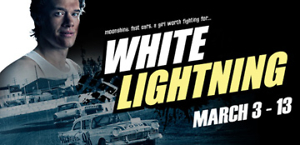 Chapter 16: A fair number of your plays are set in the South—not just Gee’s Bend, but also White Lightning (a story about moonshiners) and The Furniture of Home (about Hurricane Katrina survivors), for example. But Everything takes place in New York City. Any significance to that?
Chapter 16: A fair number of your plays are set in the South—not just Gee’s Bend, but also White Lightning (a story about moonshiners) and The Furniture of Home (about Hurricane Katrina survivors), for example. But Everything takes place in New York City. Any significance to that?
Wilder: Being from the South is a big part of my identity as a writer. Our culture is so rich, and there are stories everywhere. But more than anything I love finding small, untold stories that resonate in a greater context. Sometimes they are Southern and sometimes they aren’t. This play just happened to need a coastal and extremely cosmopolitan setting.
Chapter 16: Which of your works would you most like to see in Tennessee?
Wilder: I would love to have The Flag Maker of Market Street produced here. It’s based on a true story about a man who was hired, on the eve of the Civil War, to make a Confederate flag—while secretly running Unionist meetings. White Lightning would be on the list, too. So would The Bone Orchard, which is a quirky little love story about death that’s never had a full production. And it would be interesting to see Everything in Tennessee—I think it would inspire important dialogue.
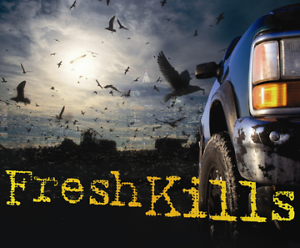 Chapter 16: Have you seen any shows, theatrical or otherwise, that do right by trans characters and their families? Any thoughts on Jill Soloway’s TV series Transparent?
Chapter 16: Have you seen any shows, theatrical or otherwise, that do right by trans characters and their families? Any thoughts on Jill Soloway’s TV series Transparent?
Wilder: One thing I appreciate about Transparent is that the central character’s identity ends up being only a small part of the show. That was the initial focus, as Maura’s adult children tried to adapt to their father being a woman, but as it’s progressed it’s really just a story about a family. I think if people see that, then it humanizes members of the trans community.
Chapter 16: You’ve been writing personal essays since last summer on your here blog. How do you like this form compared with writing plays?
Wilder: When my residency at Sewanee ended, I started teaching a full course load. I found it almost impossible to write anything of consequence, which was incredibly frustrating. The 40 Lunches Project has allowed me to revisit some of the most meaningful relationships in my life, but it’s also forced me to write something every week. I’ve enjoyed the opportunity to flex that muscle. People are always asking me when I’m going to write a novel or a memoir, but the thought seems so daunting. These weekly essays have given me a small, attainable goal and pushed me out of my comfort zone a bit. Perhaps it will turn into some sort of book. Who knows.
Chapter 16: Anything you’d like readers and writers to know about Sewanee?
Wilder: My residency was one of the greatest gifts I’ve been given as an artist. Other than the one class I taught each week, the only other expectation was to write. I produced more work in that time than ever before because I didn’t have to worry about things like health insurance. I can only hope that I’ve made Tennessee proud.
Sewanee is a place that cultivates community, and like other places in the South, there is a rich tradition of storytelling. I love that I’m surrounded by smart people who continually challenge and motivate me. I hope to stay as long as they’ll have me.
Brooks Egerton, a writer and editor, grew up in Nashville and now lives in Sewanee.
